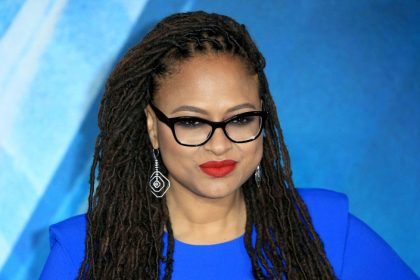“The ultimate measure of a man is not where he stands in moments of comfort and convenience, but where he stands at times of challenge and controversy.”
He was flawed and human. And sometimes scared. And perhaps, occasionally weak. And yet, he remained ideal and omnipotent. And still fearless. And formidable. And his abundance lay in being all these things simultaneously. Such is the beauty of Selma and its portrayal of Dr. Martin Luther King Jr.
Set in 1965, Selma recounts the events surrounding the historical march from Selma to Montgomery, Alabama. Although the movie has faced criticism for inaccuracies, director Ava Duvernay’s emotionally jarring depiction of the events surrounding the march for voting rights and Dr. King’s vulnerability while dealing with these issues, produced powerful performances by David Oyelowo and Carmen Ejogo as Dr. and Coretta Scott King. With equally stellar performances from the supporting cast, yet no Academy nominations for acting, the question must be posed as to why there appears to be a blatant lack of acclaim for the performances in this film as in previous Black films of historical significance.
Is this really a snub? The absence of performance related nominations for Selma is reminiscent of the Academy’s failure to nominate Denzel Washington for what was arguably his best performance to date in his portrayal of Malcolm X although he was subsequently awarded Best Actor for his rendition of a dirty narcotics officer. Is the perceived lack of recognition for movies in which Black actors portray culturally significant Black leaders a direct reflection of America’s racial climate? In particular, is this rebuff of the performances in “Selma” another indication of the cultural divide which has ensued with the increased public outcry against multiple officer involved deaths of unarmed Black men across the country?
Common and John Legend have been nominated for “Glory” a musical homage to the march from Selma, and the film has also been nominated for Best Picture. We must celebrate those acknowledgements, and accept those validations. But, the controversy generated by the 2015 Academy’s rejection of outstanding dramatic performances by Selma‘s actors … and Black actors in general, cannot be ignored. This is not a call for affirmative action or “positive” discrimination in Hollywood. By all means, let these awards be merit-based. The question, then becomes, who is determining which actors have earned accolades and has race become the initial litmus test?














